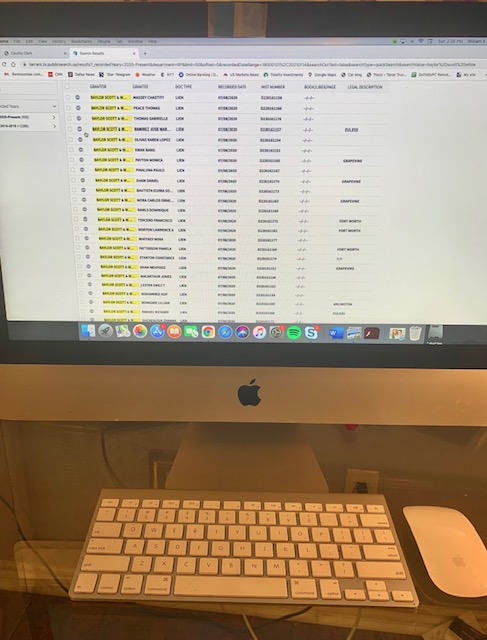When you are rushed to a hospital after a car crash, the cost for treatment and testing often exceeds $10,000. But instead of filing on limited insurance policies, the hospital can file a hospital lien to guarantee that it will be paid in full from your settlement or verdict. This is unfair and can wreck settlements.
A major national newspaper just reported about the abuses with hospital liens. It noted that one hospital makes a shocking $10 million a year this way. How rich hospitals profit from patients in car crashes
However, sometimes the hospital does not follow Texas law and its lien is not enforceable.
What are the requirements for a hospital lien to be valid?
The statute lists various requirements that must be strictly followed.
These are some of the common errors made:
- The required information is omitted;
- The patient is admitted after the allowable time;
- The facility does not file the hospital lien with the correct county clerk or at all;
- The hospital charges too much;
- The medical treatment is for too long of a period of time; and/or
- The hospital accepts partial payment.
Is there a limit to the amount covered by the lien?
Yes, the amount must be reasonable for necessary services to treat a serious medical problem. However, proving these criteria can be difficult.
Fortunately, thanks to a new law that took effect on January 1st, a personal injury lawyer can use cost estimates that the hospital is required to post on its website. For example, a hospital charged $3,400 for each of the four CT scans performed, but its site says that the test should only cost $675, so this saved our client a large amount of money.
The attorney can also research what other local hospitals charge for the same services.
Further, the total medical bill cannot exceed more than 50% of all amounts received by the injured person. For example, if the victim receives the negligent driver’s total insurance policy of $30,000 and the hospital bill is $20,000, it must reduce the amount below $15,000. However, that is still an enormous amount, so the cap is often ineffective at making sure the patient is fairly compensated.
In addition, the hospital is required to bill the patient’s health insurance company, Medicare, or Medicaid plans within (1) the date on any applicable contract or (2) at the latest, by the first day of the 11th month after the injury.
If the hospital partially collects on the patient’s health insurance policy, it is barred from further payment from the patient. A new law will prevent surprise bills.
How do you know if a hospital lien was filed?
Further, the lien must be filed before the patient deposits the check that they receive from their attorney.
The hospital is not required to write or call the patient or their lawyer. But the minute the lien is filed, all parties have automatic notice. They can be held legally accountable if they do not pay the hospital. In other words, you can not claim ignorance as an excuse for nonpayment.
Therefore, a careful last-minute search is necessary. Here is a list of all the county clerks in Texas to contact to verify filing.
Some courts have held that even if the person’s name is misspelled or information is missing, the lien is still valid, so check other spellings if it does not appear the first time.
Can only the first hospital file a lien?
No, a lien can also be filed by providers including the
- ambulance company in smaller counties with populations less than 800,000;
- emergency room physicians if the reasonable cost of the services is less than $1,000; and
- if the victim is transferred to another hospital, the lien also protects the second facility.
Are all insurance policies covered?
No, the lien does not attach to the victim’s own insurance policies including personal injury protection and uninsured/underinsured motorists benefits.
In other words, if the other driver who causes the collision did not have a valid liability policy, did not have enough insurance coverage, or the patient was paid by a benefit available under his own auto policy or by workers compensation, the hospital cannot assert the lien.
How can the hospital lien be removed or reduced?
It is usually necessary to have a personal injury attorney resolve this expensive issue. That is because until the lien is released, insurance companies will insist that the name of the hospital appear on the settlement check so it gets paid in full.





